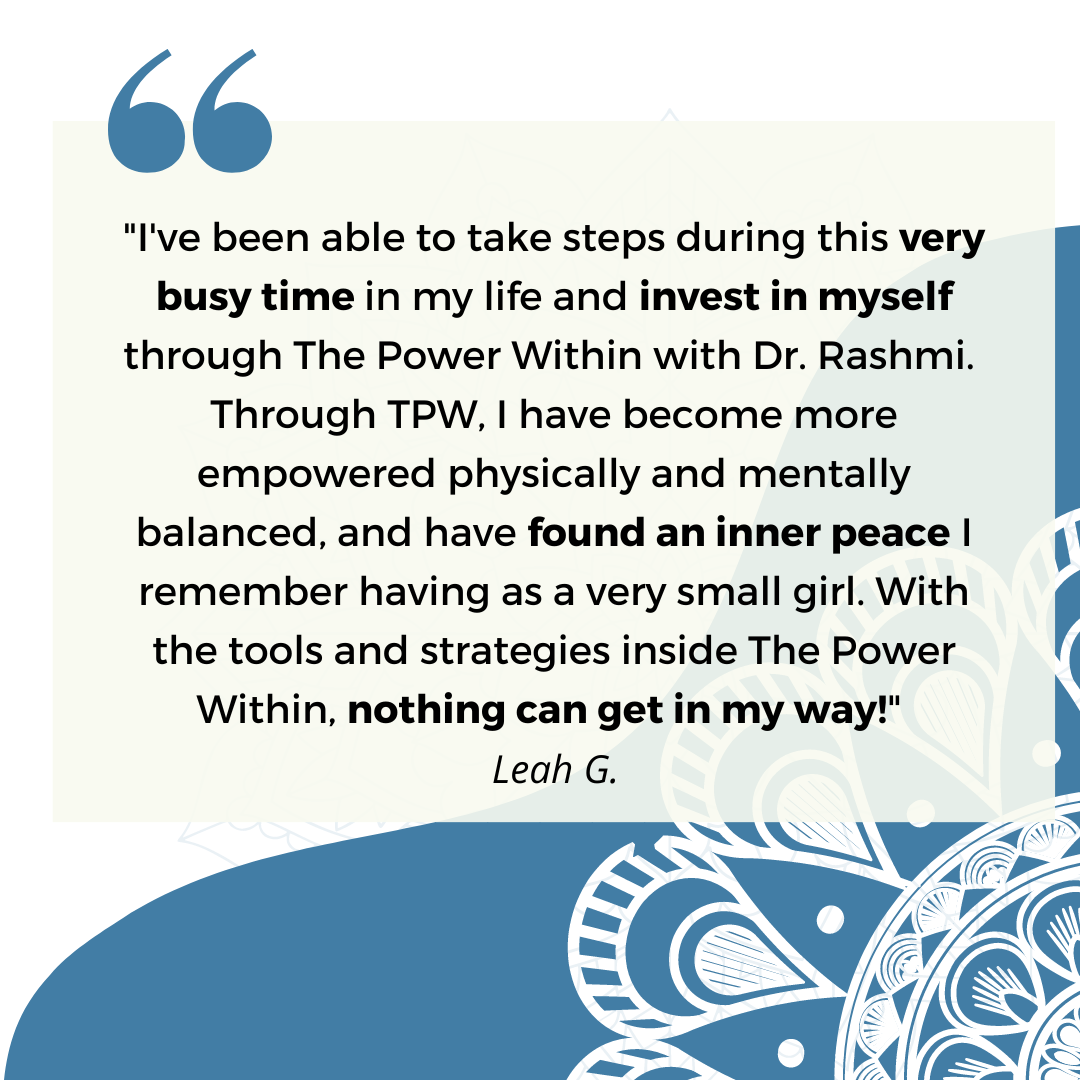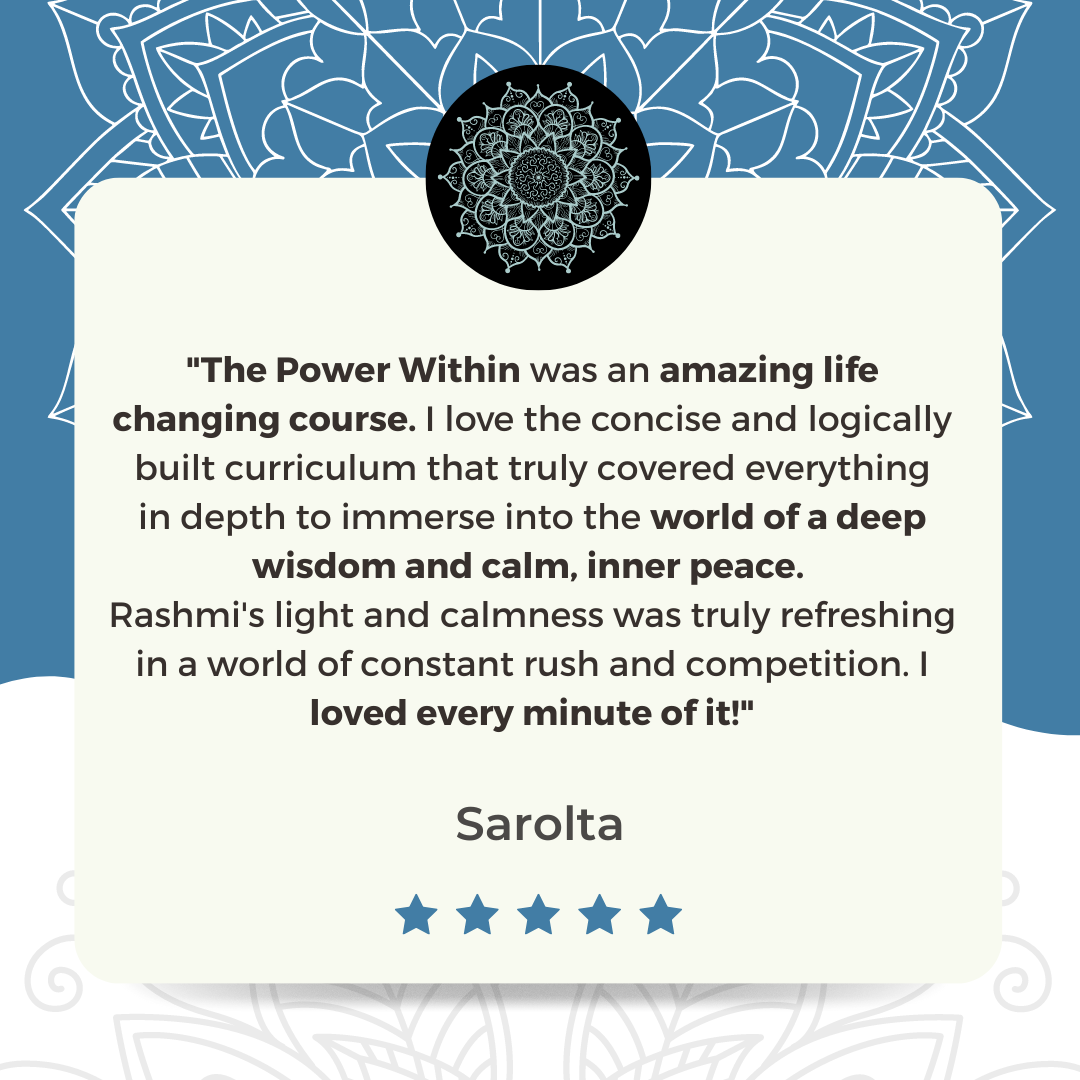Lately, it seems people are always talking about how amazing meditation is. They might tell you it’s helped them with this ailment or that and maybe they say how “Zen” they feel these days. So, really, is meditation worth all the hype? Let’s look at what meditation is and then we’ll dive into more questions and finally figure out if the hype is real.
What is Meditation?
This may seem like a silly question, but in a world where we have goat yoga and dance meditation, it’s worth defining here. Meditation is the practice of moving our attention inward and finding the inner silence that is already present. So, whether we’re talking about a guided meditation, a mantra- based meditation or simply following your breath, the idea is to access stillness and silence. Meditation can be practiced anywhere, and it’s recommended to close the eyes and sit up tall. Sounds really easy, right? If you’ve tried to meditate and felt frustrated, you’re not alone. More on this later.
Can meditation help me feel less stressed?
It’s safe to assume that chronic daily stress is wreaking havoc on most people unless they are actively working on stress management. Addressing stress is an important part of our discussion on meditation. Prolonged periods of stress lead to increased inflammation and a much higher risk of developing health problems including depression and anxiety, memory loss, autoimmune illnesses and even some types of cancer. Research shows us that a regular practice of daily meditation can help reverse the body’s stress response. During meditation, we activate the parasympathetic nervous system – also known as the “rest and restore” response. With this, we see deeper breathing, lowered heart rate, and reduced production of stress hormones such as cortisol and adrenaline and ultimately decreased inflammation in the body.
Can meditation help me sleep better?
It’s estimated that between 20-30% of all people suffer from disturbed sleep at many periods in their lives. If you find yourself tossing and turning in the middle of the night, you are not alone. When people live in a state of chronic sleep deprivation, we see increased levels of irritability and decreased ability to deal with stressors. We now know that meditation is an effective therapy for insomnia – it is certainly better than a sleeping pill and has no side effects. The cost is attractive too, since it’s free. When we meditate, our brains produce brainwaves that promote deep relaxation, such as alpha and theta waves, which are associated with deep relaxation. We can carry this sense of deep calm with us into our daily lives and ultimately when it’s time for bed, our meditating minds are much more likely to fall asleep and stay asleep, as many scientific studies have shown.
What else can meditation help me with?
Scientific studies have shown that meditation can help alleviate symptoms of depression and anxiety. Meditation triggers the body to release neurotransmitters that enhance feelings of wellbeing, such as Dopamine, Serotonin and GABA (gamma aminobutyric acid). These neurotransmitters are helpful in guarding against depression and anxiety. What’s even more amazing is that meditation triggers these neurotransmitters to be released together, something that no single drug can do. And all without any side effects!
Did you know that meditating can help us cut out addictive behaviors? Having more of these “feel good” hormones we just discussed makes it easier to become conscious choice-makers. Studies have also shown significantly improved immune function in regular meditators. Having a robust immune system is always important but can be even more helpful during a global pandemic, such as our current COVID crisis.
The benefits of meditation are both immediate and long-term. You can actually start to experience positive effects the first time you sit down to meditate and in the first few days of daily practice.
Yes, meditation deserves all the hype! I’m ready to meditate, but I can’t seem to control my thoughts. Now what?
The beauty of a simple meditation practice is that you don’t ever have to control your thoughts! You simply have to recognize them and allow them to pass, like clouds in the sky. If you’re ready to learn, I’m always an enthusiastic teacher. I lead group meditations regularly and if you contact me, I’m happy to teach one on one too. I’ve also recorded a video: a beginner’s guide to meditation. I hope you find the video to be a useful resource.






